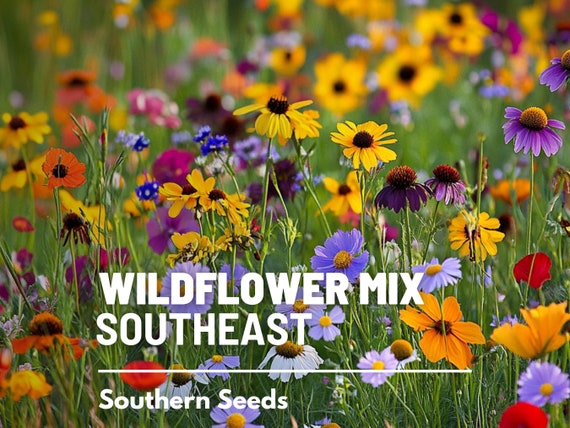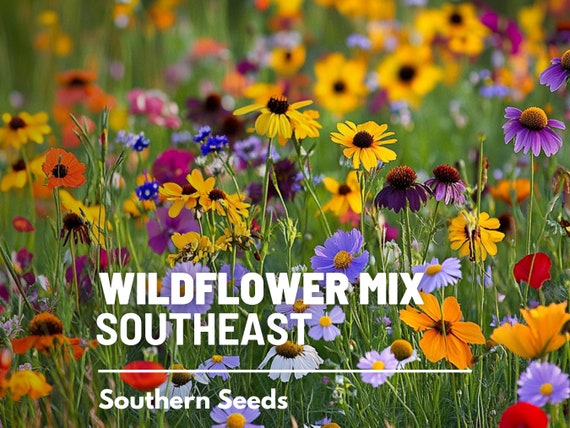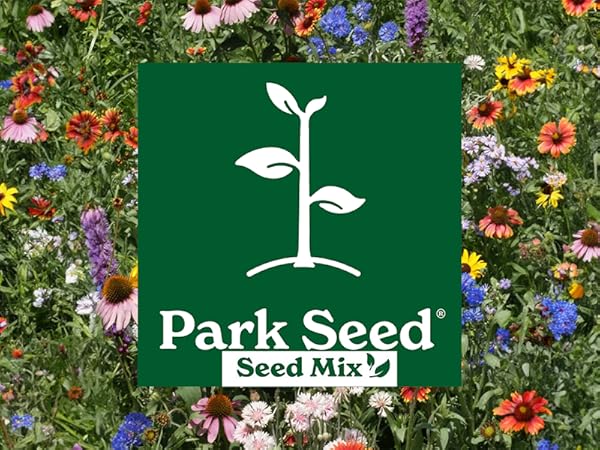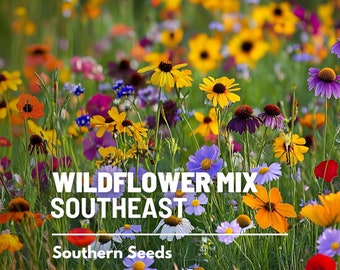
Seeds of Concern: Protecting Our Gardens from Corporate Seed Monopolies in the Southeast
Here at Better Homes and Harvests, we believe in the power of self-sufficiency, the joy of a homegrown tomato, and the importance of knowing where your food comes from. But what happens when access to the very seeds that nourish us is threatened? Today, we're diving into the growing concern of corporate seed monopolies and how they impact backyard gardeners and small-scale farmers right here in the American Southeast.
Imagine Sarah, a single mom from rural Georgia. For years, she's relied on a specific heirloom tomato variety – juicy, flavorful, and perfect for canning – to feed her family and supplement her income at the local farmers market. But this year, Sarah searched high and low, only to find her trusted variety was discontinued or unavailable at a price she could afford. The reason? Big agriculture companies are increasingly controlling the seed market, pushing out smaller, independent suppliers and limiting our access to diverse and affordable seeds. Sarah's story is a stark reminder of the vulnerability we face when a handful of corporations control our food supply.
Understanding the Threat: How Seed Monopolies Impact Us
The issue is this: a few powerful corporations are consolidating the seed industry, acquiring smaller seed companies and pushing patented or genetically modified (GMO) seeds. This creates a lack of competition, driving up prices and restricting access to the diverse range of seeds that are crucial for resilient and sustainable gardening in the Southeast. According to the Organic Seed Alliance, just a few companies control a significant portion of the global seed market, limiting choices for farmers and gardeners alike. Organic Seed Alliance

Seed swaps are a fantastic way to diversify your garden's seed stock and connect with fellow gardeners.
This consolidation has several negative consequences for those of us in the Southeast who value sustainable living and growing our own food:
- Reduced Seed Diversity: Corporate seed companies often focus on a narrow range of high-yield varieties, neglecting heirloom and open-pollinated seeds that are adapted to local climates and resistant to pests and diseases. This loss of biodiversity makes our food system more vulnerable to climate change and other challenges.
- Increased Prices: With less competition, seed prices rise, making it harder for small-scale farmers and backyard gardeners to afford quality seeds. This disproportionately affects low-income communities and those trying to grow their own food on a budget.
- Restrictions on Seed Saving: Some corporate seed companies patent their seeds, preventing farmers and gardeners from saving and replanting them. This undermines traditional seed-saving practices and makes us dependent on corporations for our food supply. Seed Savers Exchange is a great resource for understanding the importance of seed saving and the threats it faces. Seed Savers Exchange
A recent report by a university agricultural extension showed that the cost of vegetable seeds in the Southeast has increased by an average of 25% in the last five years, largely due to the dominance of a few major seed companies. This puts a strain on local farmers and gardeners who are already facing challenges like rising land costs and unpredictable weather patterns.
Taking Back Control: Practical Solutions for Seed Sovereignty
But don't despair! We are not powerless in the face of these challenges. There are concrete steps we can take to resist corporate seed monopolies and safeguard seed access for ourselves and future generations. Here are some ideas to get you started:
- Join Local Seed Swaps: Seed swaps are a fantastic way to connect with other gardeners, share seeds, and learn about different varieties adapted to our region. Check your local community centers, libraries, and garden clubs for upcoming seed swaps. These events foster community and help maintain seed diversity.

Seed diversity is crucial for a resilient food system. Explore the wonderful world of heirloom and open-pollinated seeds!
- Support Independent Seed Companies and Seed Banks: Seek out smaller, independent seed companies that offer heirloom, open-pollinated, and regionally adapted seeds. These companies often prioritize seed diversity and ethical practices. Seed banks, like Seed Savers Exchange, play a vital role in preserving rare and endangered seed varieties.
- Learn About Seed Saving: Seed saving is a time-honored tradition that allows us to maintain control over our food supply and preserve valuable genetic resources. Start with easy-to-save crops like tomatoes, beans, and peppers. There are many resources available online and in libraries to guide you through the process.

Saving seeds from your own garden is a rewarding way to ensure access to your favorite varieties for years to come.
- Advocate for Seed-Saving Rights: Contact your elected officials and urge them to support policies that protect seed-saving rights and promote seed diversity. Let them know that you value a resilient and sustainable food system.
- Grow Open-Pollinated and Heirloom Varieties: Choose open-pollinated and heirloom seeds whenever possible. These varieties are not patented and can be saved and replanted year after year, allowing you to build a collection of seeds that are perfectly adapted to your local environment.
A Call to Action: Let's Sow the Seeds of Change
The threat of corporate seed monopolies is real, but we can take action to protect our access to diverse and affordable seeds. By joining together, sharing our resources, and advocating for change, we can build a more resilient and sustainable food system for ourselves and future generations.
Now, we want to hear from you! What are your seed-saving experiences? Have you faced challenges finding the seeds you need? Share your thoughts and concerns in the comments below.
And please, consider signing the petition from Seed Savers Exchange advocating for seed freedom: Seed Savers Exchange Petition (This is a placeholder – please replace with the actual petition link).
Let's work together to ensure that the seeds of our future are not controlled by a few corporations, but are freely available to all who wish to grow their own food. As inspired by articles such as "[Example Article 1]" and "[Example Article 2]" from Better Homes and Harvests website, let's empower our readers to take back control of their food supply and build a more resilient seed system, one seed at a time!